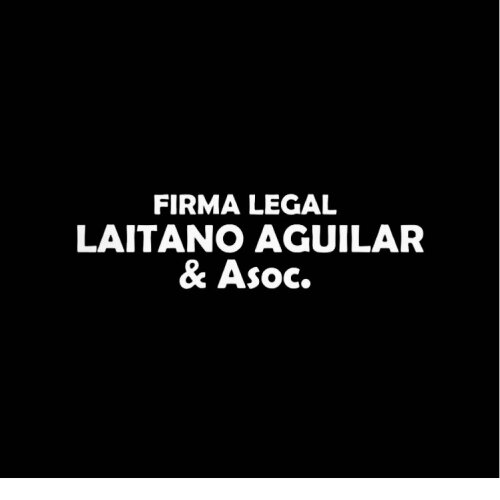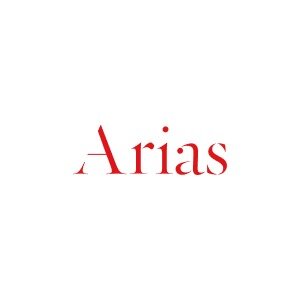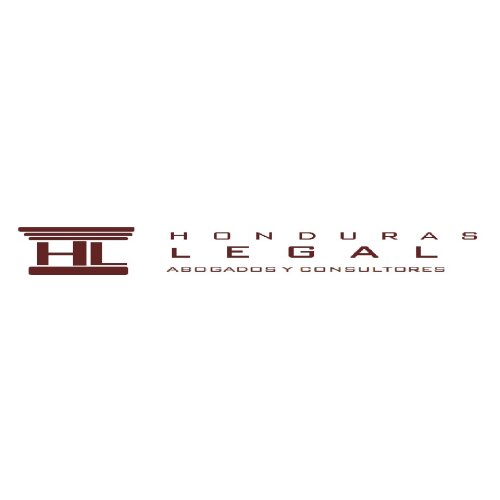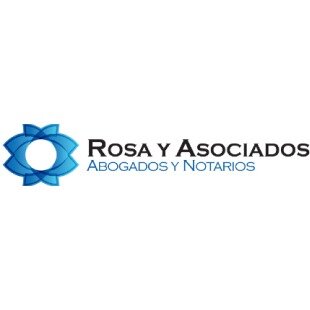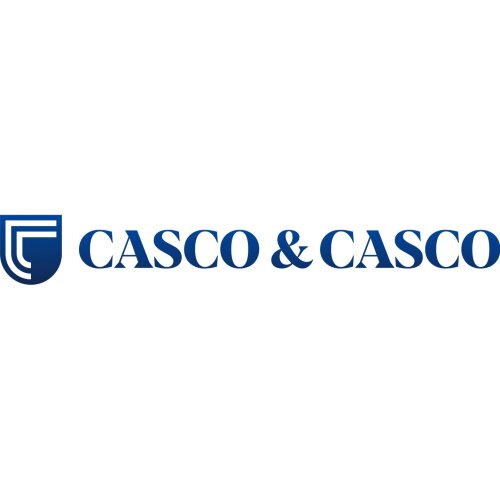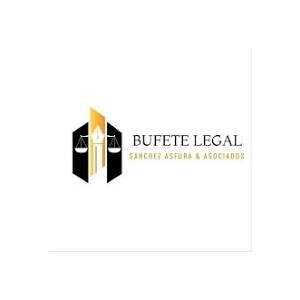Best Renewable & Alternative Energy Lawyers in Tegucigalpa
Share your needs with us, get contacted by law firms.
Free. Takes 2 min.
List of the best lawyers in Tegucigalpa, Honduras
About Renewable & Alternative Energy Law in Tegucigalpa, Honduras
Renewable and alternative energy law in Tegucigalpa, Honduras, covers the legal framework regulating energy produced from sources like solar, wind, hydropower, and biomass. As Honduras seeks to diversify its energy mix and promote sustainability, its capital, Tegucigalpa, has become a focal point for both public and private renewable energy projects. The legal landscape includes legislation designed to encourage investment, ensure environmental protection, and foster innovation in clean energy solutions. Understanding this evolving area of law is critical for anyone involved in energy development, whether as an entrepreneur, investor, or property owner.
Why You May Need a Lawyer
Navigating the legal environment related to renewable and alternative energy in Tegucigalpa can be complex. Here are common scenarios in which legal counsel could be beneficial:
- Starting a new renewable energy project and needing guidance on permits and compliance.
- Negotiating power purchase agreements or contracts with local utilities or private buyers.
- Understanding incentives, tax breaks, or government grants available for renewable energy investments.
- Addressing land use, environmental impact assessments, or zoning issues.
- Resolving disputes over grid connection, tariffs, or access to finance.
- Protecting intellectual property related to new technologies.
- Ensuring compliance with evolving national and local regulations.
Local Laws Overview
Several key laws and regulations shape the renewable and alternative energy sector in Tegucigalpa:
- Renewable Energy Promotion Law (Decree 70-2007): This foundational law provides tax incentives and guaranteed grid access for renewable energy producers.
- Electricity Law (Ley General de la Industria Eléctrica): Outlines the framework for electricity generation, transmission, and distribution, including provisions for renewables.
- Environmental Laws: Projects must comply with the General Environmental Law, which requires environmental impact studies and community consultations for larger developments.
- Local Regulations: Tegucigalpa’s municipal guidelines affect site selection, construction, and operation, especially for installations near urban areas or protected zones.
- Tariff and Grid Policies: The legal regime provides certain pricing standards and priorities for connecting renewable projects to the grid.
- Licensing and Permits: Renewable energy projects require permits at multiple levels, including energy, environmental, and in some cases, forestry or water permits.
Frequently Asked Questions
What types of renewable energy sources are most common in Tegucigalpa?
The most prevalent renewable energy sources are solar power, small-scale hydroelectric projects, and, to a lesser extent, wind and biomass, all of which are supported by local and national initiatives.
Do I need special permits to install solar panels on my property?
Yes. Depending on the size of the installation, you may need permits from the local municipality, the energy regulator, and environmental authorities. Small residential systems often have simplified processes.
Are there tax incentives or subsidies for renewable energy in Honduras?
Honduras offers tax breaks, customs duty exemptions, and other incentives for renewable projects under national law, especially for new investments in solar, hydro, wind, and biomass energy.
Can individuals or businesses sell excess energy back to the grid?
Yes. Honduras law permits net metering, so eligible producers can feed surplus energy into the local grid and receive credits or payments from the utility.
Is there a cap on the size of renewable energy projects?
There is no universal cap, but projects above certain thresholds may be subject to more rigorous licensing, environmental review, and public consultation processes.
What environmental reviews are necessary for new projects?
Most renewable energy projects require an environmental impact study approved by the Ministry of Environment. The level of assessment depends on the project’s size and potential impact.
Can foreign investors participate in Tegucigalpa’s renewable energy sector?
Yes. The legal framework allows foreign ownership and participation, with protections under both national law and international agreements. However, compliance with all local licensing and environmental requirements is required.
How are disputes between producers and utilities resolved?
Disputes are generally settled through negotiation, mediation, or, if necessary, arbitration or litigation before the national courts or specialized regulatory bodies.
What risks should developers consider before starting a project?
Key risks include regulatory changes, land use restrictions, community opposition, grid capacity limitations, and fluctuations in government support or tariffs.
Where can I get help if my project faces bureaucratic delays?
Consulting a lawyer experienced in renewable energy can help address bureaucratic hurdles. Additionally, relevant government agencies and industry associations may be able to assist.
Additional Resources
Here are some helpful resources and organizations related to renewable and alternative energy in Tegucigalpa, Honduras:
- National Electric Energy Company (Empresa Nacional de Energía Eléctrica - ENEE): The state utility responsible for the Honduras electric grid and energy policy implementation.
- Honduran Council of Private Enterprise (COHEP): Offers resources and guidelines for private sector energy investors.
- Ministry of Energy, Natural Resources, Environment and Mines (MiAmbiente+): Handles environmental permitting and regulatory compliance.
- Honduran Renewable Energy Association (AHER): Provides industry support and promotes renewable energy development in Honduras.
- General Directorate of Electricity (DGE): The regulatory body for the electricity sector, including licensing and oversight of renewable projects.
Next Steps
If you require legal assistance regarding renewable and alternative energy in Tegucigalpa, here is what you can do next:
- Gather all relevant documents such as project plans, permits, correspondence with authorities, and any contracts.
- Identify your main goals and challenges, whether they involve regulatory compliance, contract negotiation, land acquisition, or dispute resolution.
- Research local attorneys or law firms specializing in energy and environmental law. Look for those with demonstrated experience in renewable energy projects within Honduras.
- Schedule a consultation to discuss your needs, review your documents, and outline potential strategies before making any major commitments or investments.
- Continue to follow updates in local legislation, regulations, and incentive programs to ensure your project remains compliant and competitive.
By taking these steps, you can better protect your interests and successfully navigate the regulatory and business environment surrounding renewable and alternative energy initiatives in Tegucigalpa, Honduras.
Lawzana helps you find the best lawyers and law firms in Tegucigalpa through a curated and pre-screened list of qualified legal professionals. Our platform offers rankings and detailed profiles of attorneys and law firms, allowing you to compare based on practice areas, including Renewable & Alternative Energy, experience, and client feedback.
Each profile includes a description of the firm's areas of practice, client reviews, team members and partners, year of establishment, spoken languages, office locations, contact information, social media presence, and any published articles or resources. Most firms on our platform speak English and are experienced in both local and international legal matters.
Get a quote from top-rated law firms in Tegucigalpa, Honduras — quickly, securely, and without unnecessary hassle.
Disclaimer:
The information provided on this page is for general informational purposes only and does not constitute legal advice. While we strive to ensure the accuracy and relevance of the content, legal information may change over time, and interpretations of the law can vary. You should always consult with a qualified legal professional for advice specific to your situation.
We disclaim all liability for actions taken or not taken based on the content of this page. If you believe any information is incorrect or outdated, please contact us, and we will review and update it where appropriate.



